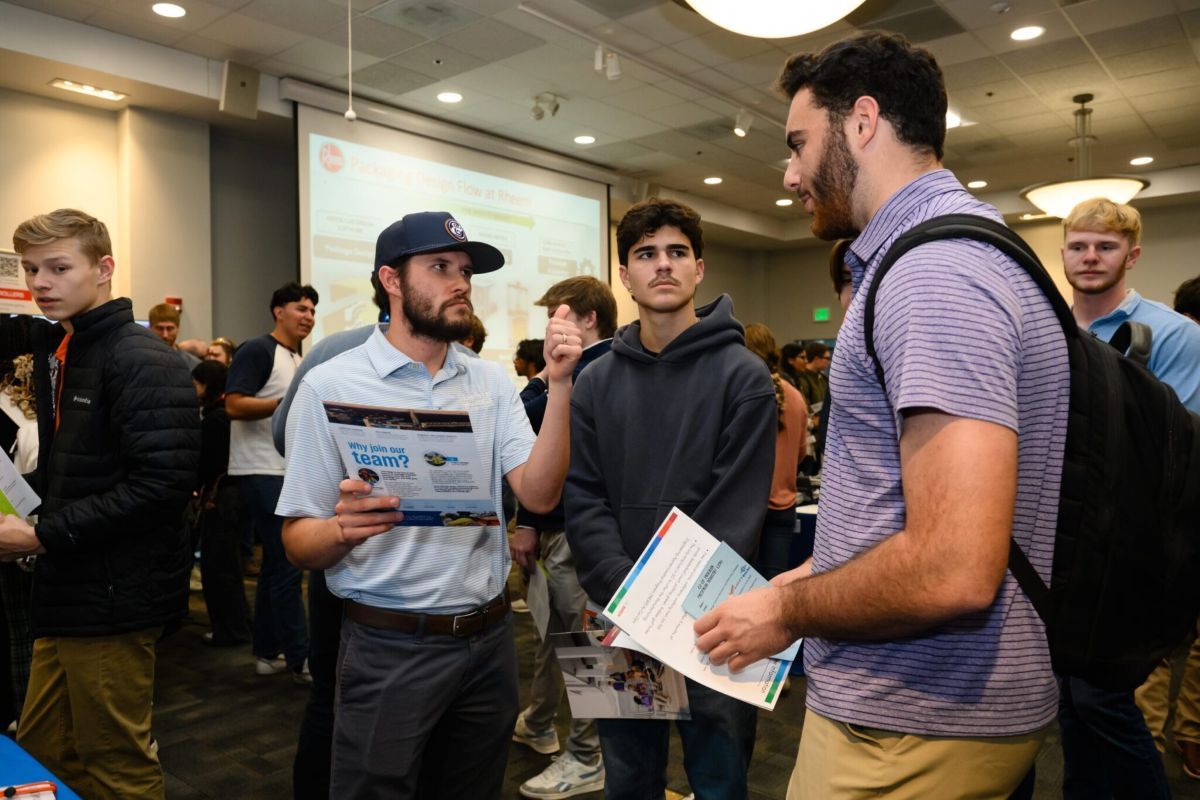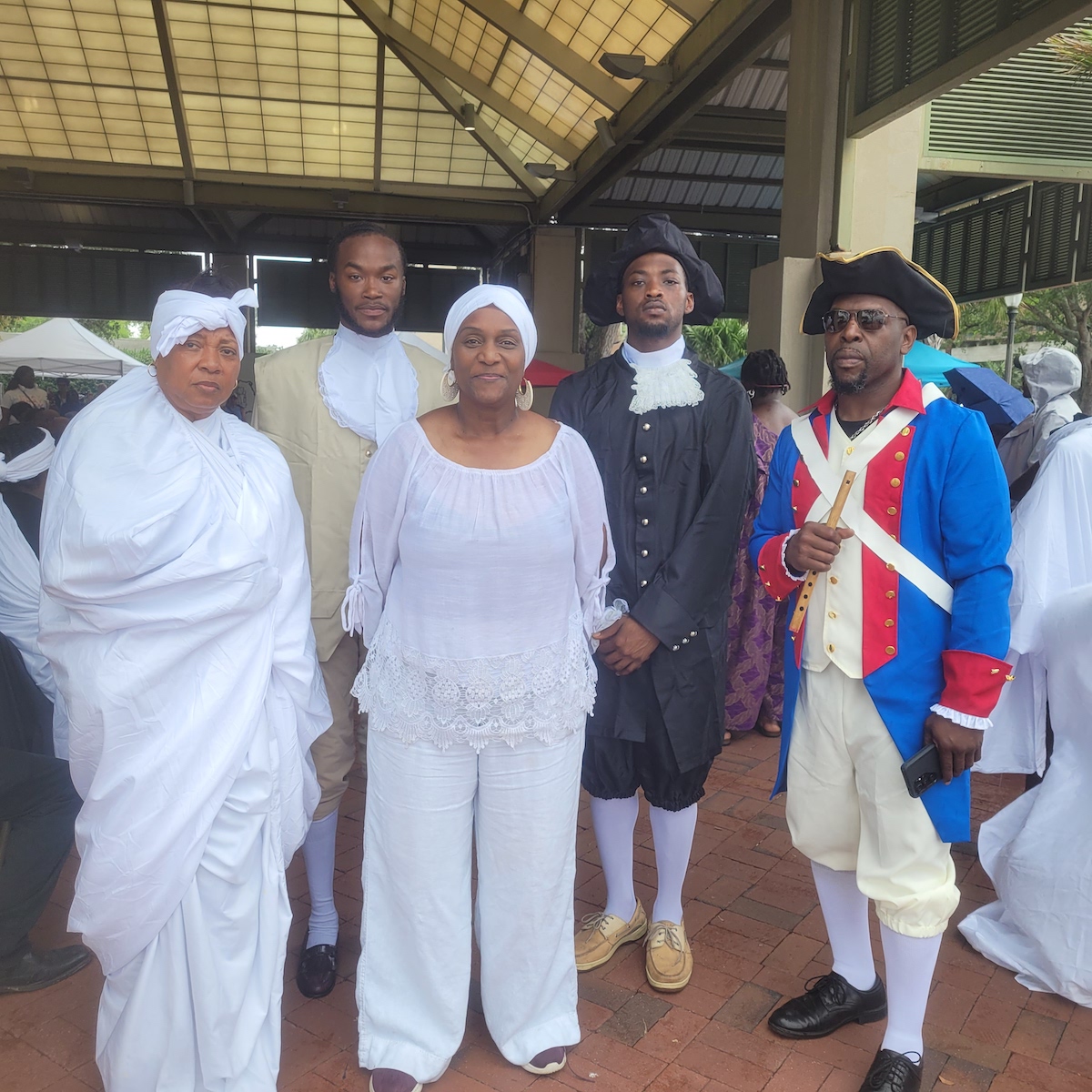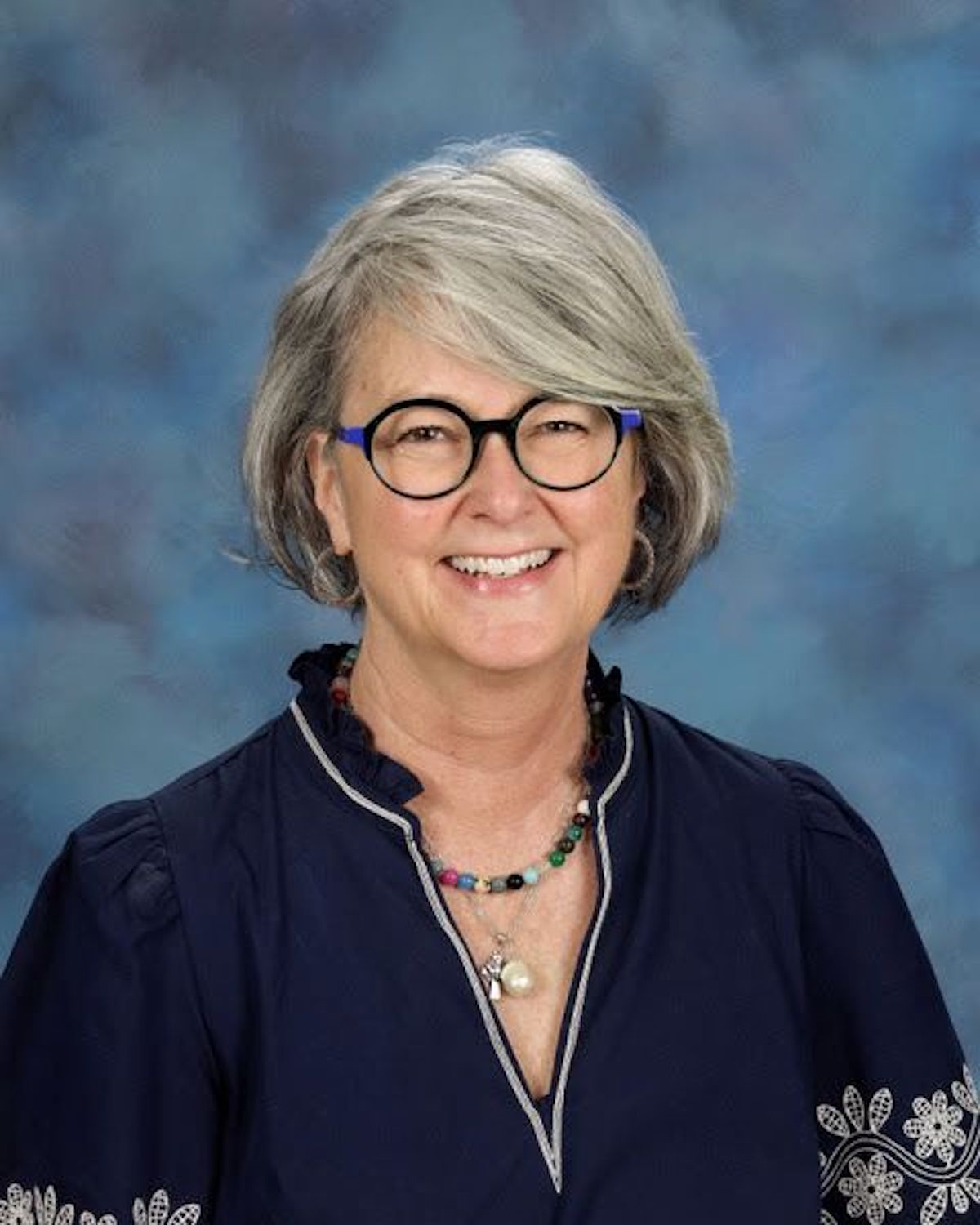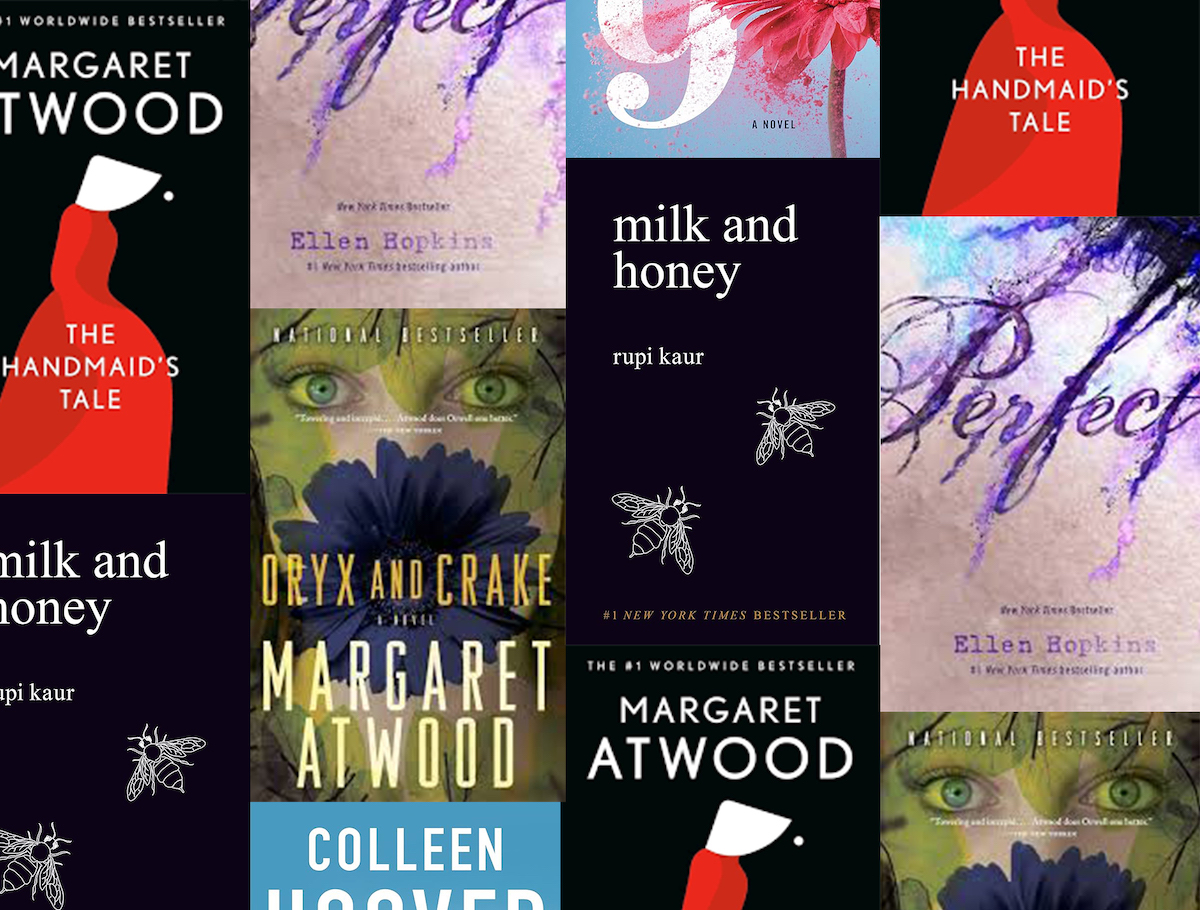Thousands more rejected; lawsuit challenging program still expected
By Skylar Laird
SCDailyGazette.com
COLUMBIA — South Carolina’s latest scholarship program for K-12 private tuition and other expenses reached its cap of 10,000 students for the year, according to the state Department of Education.
That’s more than triple the number enrolled last year, when just under half of the initial program’s 5,000 slots went unfilled even before classes started.
And as many as 1,000 of the students whose families received an initial payment were later removed from the program for failing to meet eligibility requirements, according to estimates from the Education Oversight Committee.
But under the new law signed in May, the scholarship amount and eligibility expanded for the coming school year. Families’ qualifying income can reach up to 300% of the federal poverty level, instead of 200%. For a family of four, for example, incomes max out at $96,450, up from $62,400. And students no longer needed to be switching schools to qualify.
That opened the door for a greater number of students to receive the $7,500 annual scholarships (up from $6,000), doled out in four quarterly payments that start this month.
“This is an exciting milestone in South Carolina’s education freedom journey,” state Superintendent Ellen Weaver said in a statement. “This program puts hardworking families in the driver’s seat — empowering them to shape an education as unique as their child.”
The 10,000 students enrolled for 2025-26 include 1,691 students who participated in the program last year and wanted to renew. That left 8,309 open slots.
All were filled within six weeks of applications opening for all eligible students May 19, which followed a one-week priority window for children in active-duty military families.
The department did not provide a breakdown of student demographics, such as age, race and geographic location, or the reasons applications were rejected.
Of the 16,119 applications submitted for students new to the program, 2,819 of them were rejected, and 4,991 applications remain under review, said agency spokesman Jason Raven.
If they’re found eligible, those students will be put on a waitlist for any spots that might open up this year. Otherwise, they’ll have a priority status when the application process renews next year — when eligibility expands again.
Under the law, up to 15,000 students qualify for 2026-27, when parents’ incomes can reach up to 500% of the federal poverty line. That’s $160,750 for a family of four under the latest guidelines (which are adjusted annually).
If more than 15,000 students apply, legislators have the option of funding additional scholarships by putting more money in the state budget.
This year’s increase in students accepted has several possible explanations, Raven said.
For one, legislators did away with the deadline to apply, which was the primary reason the department rejected applications last year. Nearly 80% of the 5,027 applications rejected ahead of the 2024-2025 school year were because parents missed the deadline or failed to complete all the necessary paperwork, the department spokesman said at the time.
Palmetto Promise Institute, which spent years lobbying for the school choice program, also redoubled its efforts to help parents sign up, offering a webinar explaining the program as well as one-on-one support for parents with questions, said Felicity Ropp, who leads the conservative think tank’s information hub on school choice.
Another likely reason for the increase, Raven said, was a renewed spotlight on the program as the House and Senate debated and ultimately passed a law meant to get private schools back on the list of providers after the state Supreme Court’s ruling last September.
In a split decision, justices said K-12 private tuition payments violated the state constitution’s ban on taxpayer money directly benefiting private education, making private schools immediately ineligible for additional scholarship money. GOP legislators designed the new law to get around that ban.
Another potential explanation for the increase is a new provision allowing families using school choice options within their public school district to participate, said Patrick Kelly with the Palmetto State Teachers Association.
Students attending a school other than the one for which they are zoned, including a different public school, can use the money for various expenses including tutoring, textbooks and computers.
And the program no longer limits eligibility to students enrolled the prior year in a public school, allowing parents with children already in private school to get state aid. Last year, only entering kindergartners were exempt from that now-deleted rule.
However, how many of the enrolled students can use their scholarship for private tuition over the coming school year remains to be seen.
The state’s high court will ultimately decide whether tuition payments under the new law are constitutional, as another lawsuit is expected ahead of classes starting.
The compromise agreed to by Republicans in both chambers combined parts of the House and Senate versions of the legislation.
Following the Senate’s suggestion, legislators used lottery revenue to cover $20 million of the $75 million the program will need this year. Keeping with the House’s proposal, the law requires Weaver to hire a “trustee” to oversee fund distribution, which will begin at the end of the month.
Supporters of the program said the cap being hit showed a high demand for the payments.
“These robust application numbers show how excited South Carolina parents are to have opportunity and choice in their children’s education,” Ropp said.
Critics remain unconvinced.
Sherry East, president of the South Carolina Education Association, called the law a “blatant disregard for our constitution by those who are sworn to uphold it.”
“Funds that could be used for other state agencies are being diverted to private schools that pick and choose who they educate,” East said in a statement. “If they take state money, they should play by the same rules.”
Skylar Laird covers the South Carolina Legislature and criminal justice issues. Originally from Missouri, she previously worked for The Post and Courier’s Columbia bureau. S.C. Daily Gazette is part of States Newsroom, the nation’s largest state-focused nonprofit news organization.






